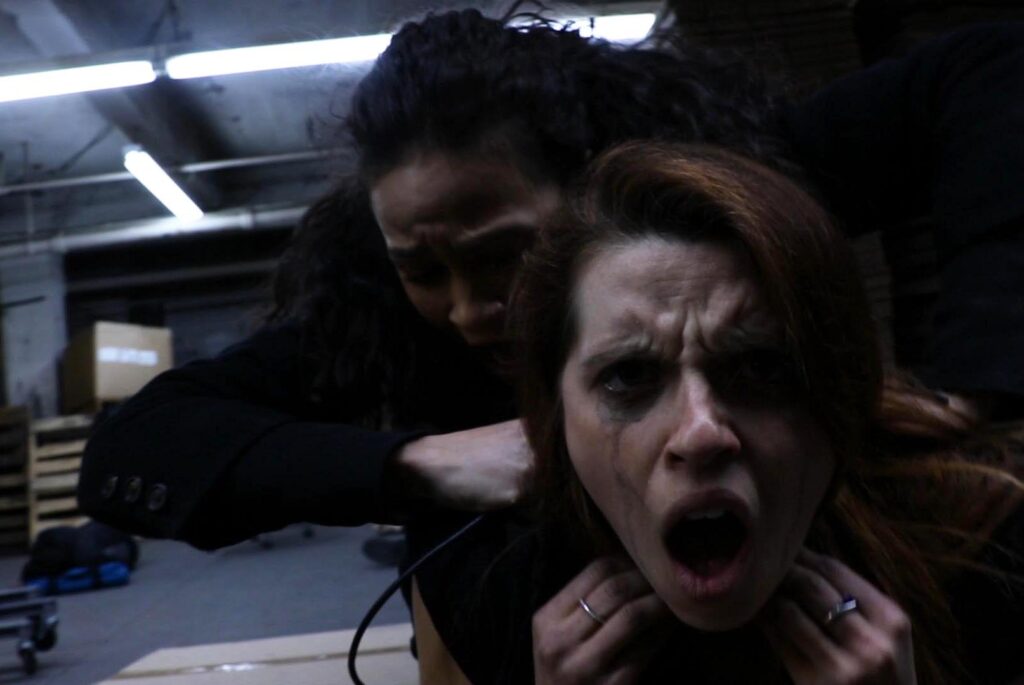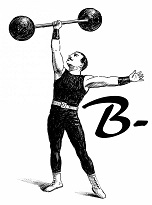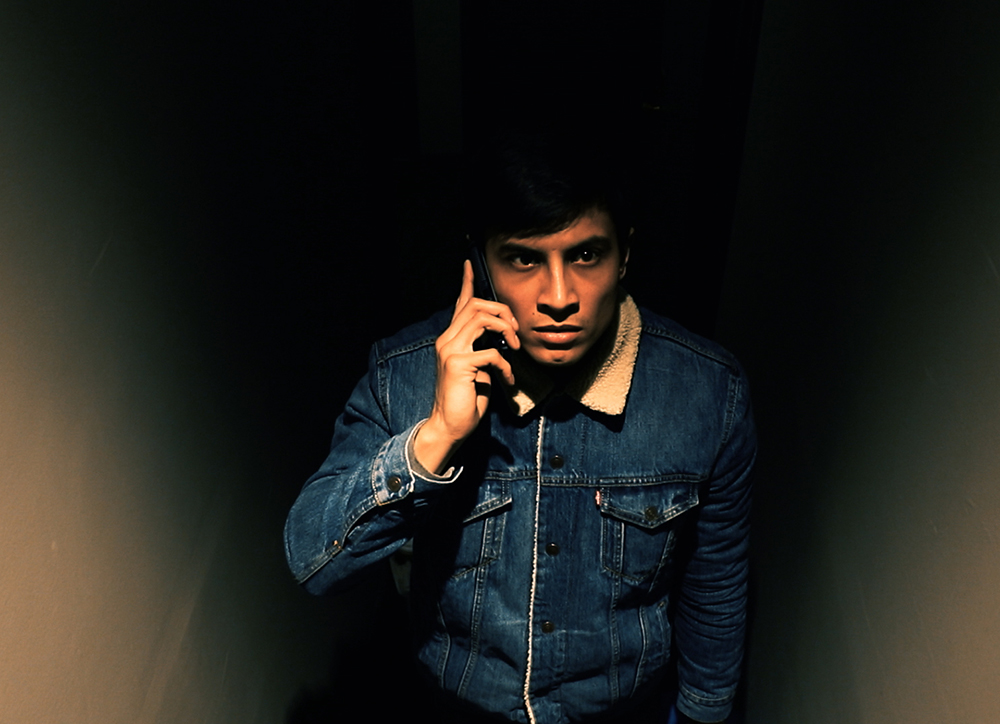(Warning Minor Spoilers!)
On the day of his wedding, Conrad Lopez’ (Jonathan Iglesias) life is turned upside down when he receives a mysterious package along with a phone call and a message—do as we say or we’ll kill your wife. “The Magic Bomb” tests one man’s limits as he is caught up in a secret organisation’s terrorist plot to nuke Manhattan. The film explores how far individuals are willing to go for their loved ones, along with a number of themes relevant to today’s audience.
After the initial opening the story jumps back one month, and we witness the events leading up to Conrad’s current predicament. As the story unfolds we realise that nothing and no one are what they seem and that in a moment your world can drastically change.
Taking influence from other crime dramas and action thrillers, the film contains a number of plot twists and devices to remain engaging and captivate a modern audience. Gus—played by Kenny Nowell—represents the hard right in today’s America and is the driving force behind a lot of the films exploration of racism, terror, morality, homophobia, and war. The dialogue in the script is brutal at times, and Kenny Nowell delivers it well—the constant racist barrage that comes from the character’s mouth is delivered unflinchingly and really hits home.

Gus and Conrad’s interplay raises questions of identity, what it is to be American, and also highlights the hypocrisy of the far right in America. Concepts surrounding morality are brought into question too. Because someone is ignorant do they deserve to be punished? How far would you go to get what you want? Gus’ ideals of white supremacy ultimately turn him into a terrorist, and Conrad soon learns all actions have consequences.
The soundtrack has a distinct feel to it, relying heavily on synth and electronic sounds; it is mysterious when it needs to be and upbeat when it needs to be. Some aspects of the music could have been toned down as they distract from the scene at hand, but overall the music worked well and served to aid the storytelling.
Likewise, at times some of the camera-framing and shot set-up didn’t feel quite right, but this was few and far between—and the mixture of intimate close-ups and long shots worked well for the piece. It would have been nice to see Benjamin John Burbidge as Kiel push the character’s crazy side a little bit more, and at times it would have been nice to see Conrad’s desperation and frustration show through just a bit more; but overall the character dynamics did work well. With all of that in mind, it is incredibly difficult to make a film, and the team behind “The Magic Bomb” have created an interesting piece that holds its own in a world littered with predictable Hollywood movies.
Added to this with everything that has happened this year, the piece remains incredibly relevant to today’s society with its exploration of race, identity, and morality. “The Magic Bomb” provides an excellent backdrop to do this from. Kudos to Randy Gordon-Gatica and the team for doing this on a zero dollar budget. “The Magic Bomb” holds its own within the genre and provides an entertaining story with a plot that builds well—all whilst making us think and question the world around us.


